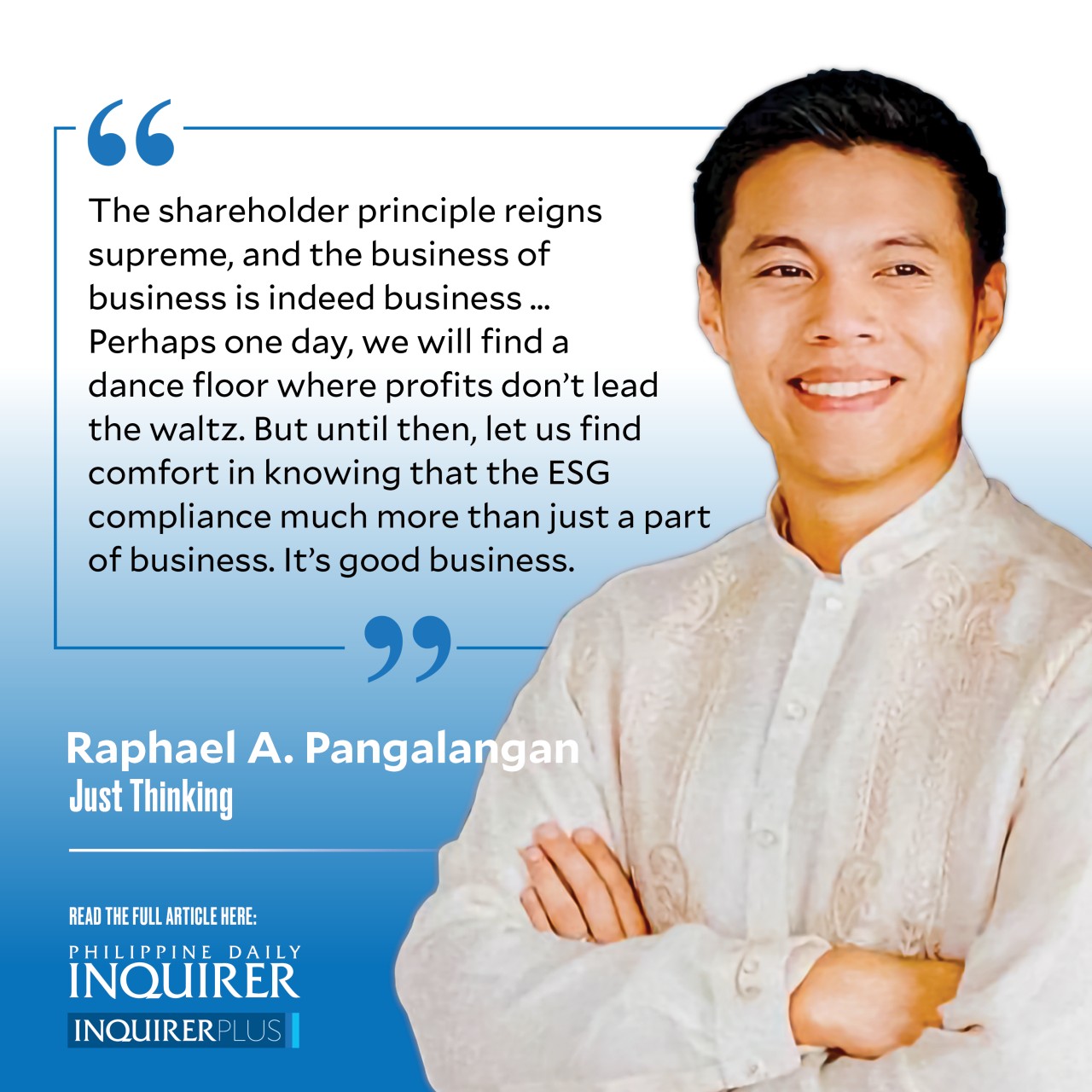
In the boxing ring of business economics, two legendary foes standoff: On the blue corner, the inexorable Milton Friedman, with his steadfast belief in shareholder supremacy. On the red corner: the challenger. The unyielding Edward Freeman, the champion of stakeholder interests.
E. Freeman argues that firms should look beyond shareholder value. Stakeholder interests matter too! To this, M. Friedman responds: “The business of business is business.” The only social responsibility of business is to maximize profits.
Now, before we whip out our pitchforks, what M. Friedman described was (as far as libertarians are concerned) far from egotistical. Sure, wealth may be retained. But then again, it could also be redirected and redistributed as their holders see fit. Whether shareholders do what they “ought” to do is a choice they have to make for themselves. Certainly, not one to be foisted upon them. After all, choice lies at the center of liberty.
M. Friedman vs. E. Freeman. A fight for the ages. But who, pray tell, gets to land the knockout punch?
Around the world, the gavel has traditionally fallen in favor of M. Friedman. The Philippines is no exception. Indeed, his dogma comes in legal doctrine.
Exhibit A: the “business judgment rule” which, decoded from the legal vernacular, suggests that the state has no business meddling in businesses. In law, it goes by the name laissez-faire (allow to do). In millennial speak, it’s the functional equivalent of saying “You do you!”
Hand in hand, this leads us to exhibit B: a director’s “fiduciary duty.” Now, before the environmentalists get too excited, the term “fiduciary” is conceived in conservative terms. Indeed, though Philippine law may recognize a relationship of trust in the corporate realm, this only begs a question: A trust with whom?
The answer to that question is found in Section 30 of the Revised Corporation Code. As ruled by the Supreme Court: “A director of a corporation holds a position of trust and as such, he owes a duty of loyalty to his corporation” (G.R. No. 68555, 1993). The doctrine of fiduciary duty likewise echoes Friedmanian lyric.
Corporate tides have long danced to Friedman’s moon, but today we might very well be witnessing the sea change. That ebb and flow comes in the form of three letters: “ESG.”
ESG is used to refer to the decisions and conduct of a company in relation to environmental, social, and governance factors. “E” focuses on how a company conducts itself as a steward of the natural environment. This tackles issues such as climate change. “S” relates to a company’s relationships with its employees, suppliers, customers, and the communities it operates in, such as labor standards. Finally, “G” refers to a company’s controls and operations, such as graft and corruption.
ESG isn’t just a fancy acronym. In recent years, we have witnessed a new regulatory wave that builds upon its framework. Abroad, this has taken the shape of due diligence obligations, such as Germany’s Supply Chain Due Diligence Act (LkSG). Locally, it has been incorporated through the Securities and Exchange Commission “comply or explain” reportorial obligations, as seen in the Sustainability Reporting Guidelines for Publicly Listed Companies (SEC Memorandum Circular No. 4, s. 2019).
The ESG framework thus expands traditional governance factors, shifting from a strict shareholder-manager relationship to encompass a broader, more complex ecosystem, involving governments and civil society. Factors which, as ESG advocates highlight, could potentially influence profits significantly. Customers, increasingly environmentally conscious, might be prepared to pay a premium for products powered by renewable energy. Moreover, an intensified societal focus on ESG issues could lead to the enactment of strict government policies, thus moving beyond the SEC’s reportorial status quo and unto more stringent obligations a la Germany’s LkSG.
This reconception transcends the confines of traditional business discussions and moves into the sphere of stakeholder concerns. But does it abandon M. Friedman for E. Freeman?
Not necessarily. And there’s the rub. While ESG appears to sway away from stockholder views, it does so by dollarizing stakeholder interests. Yet in so doing, by thinking of ESG in primarily monetary terms, what we find is the same old shareholder approach with a new paint job. It’s M. Friedman putting on E. Freeman’s mask.
The shareholder principle reigns supreme, and the business of business is indeed business. It’s all still very much a Friedman world but with a Freeman twist. Perhaps one day, we will find a dance floor where profits don’t lead the waltz. But until then, let us find comfort in knowing that the ESG compliance is much more than just a part of business. It’s good business.
—————-
thinkjustly@gmail.com

